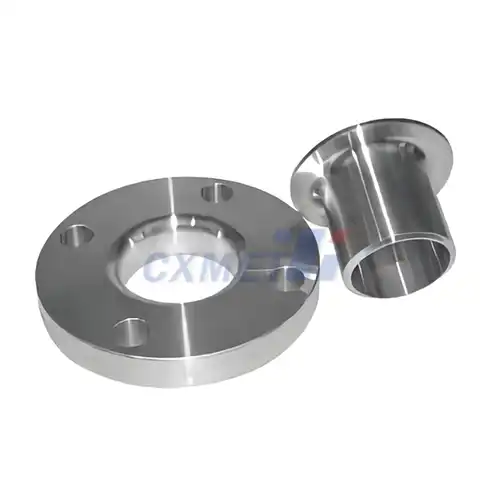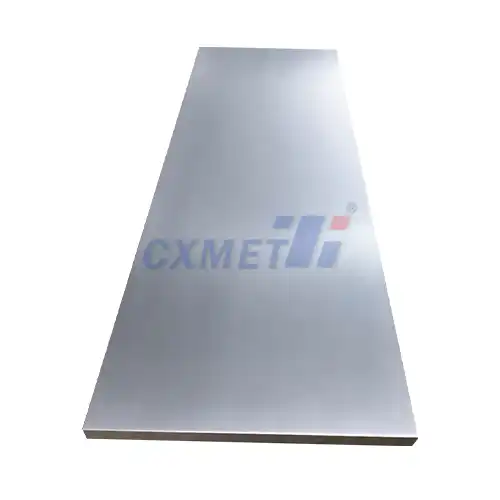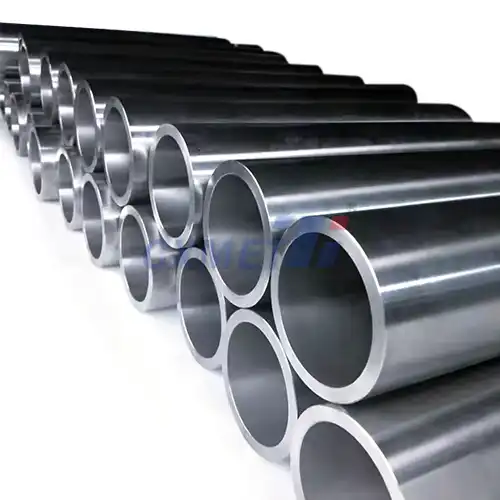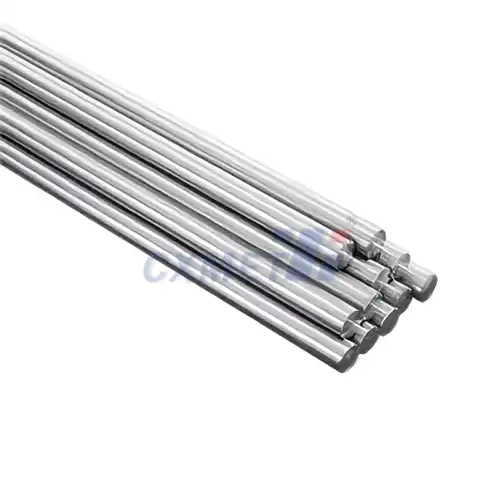- English
- French
- German
- Portuguese
- Spanish
- Russian
- Japanese
- Korean
- Arabic
- Greek
- German
- Turkish
- Italian
- Danish
- Romanian
- Indonesian
- Czech
- Afrikaans
- Swedish
- Polish
- Basque
- Catalan
- Esperanto
- Hindi
- Lao
- Albanian
- Amharic
- Armenian
- Azerbaijani
- Belarusian
- Bengali
- Bosnian
- Bulgarian
- Cebuano
- Chichewa
- Corsican
- Croatian
- Dutch
- Estonian
- Filipino
- Finnish
- Frisian
- Galician
- Georgian
- Gujarati
- Haitian
- Hausa
- Hawaiian
- Hebrew
- Hmong
- Hungarian
- Icelandic
- Igbo
- Javanese
- Kannada
- Kazakh
- Khmer
- Kurdish
- Kyrgyz
- Latin
- Latvian
- Lithuanian
- Luxembou..
- Macedonian
- Malagasy
- Malay
- Malayalam
- Maltese
- Maori
- Marathi
- Mongolian
- Burmese
- Nepali
- Norwegian
- Pashto
- Persian
- Punjabi
- Serbian
- Sesotho
- Sinhala
- Slovak
- Slovenian
- Somali
- Samoan
- Scots Gaelic
- Shona
- Sindhi
- Sundanese
- Swahili
- Tajik
- Tamil
- Telugu
- Thai
- Ukrainian
- Urdu
- Uzbek
- Vietnamese
- Welsh
- Xhosa
- Yiddish
- Yoruba
- Zulu
What Quality Standards Should I Consider When Purchasing 6Al4V AMS 4928 Titanium Bar?
2025-07-14 09:21:24
When it comes to purchasing 6Al4V AMS 4928 titanium bar, ensuring the highest quality standards is crucial for the success of your project or application. This titanium alloy, known for its excellent strength-to-weight ratio and corrosion resistance, is widely used in aerospace, medical, and industrial applications. To make an informed decision and guarantee the best performance of your titanium bar, it's essential to consider several quality standards. In this blog post, we'll explore the key factors to evaluate when purchasing 6Al4V AMS 4928 titanium bar and provide you with valuable insights to make the right choice.
|
|
|
How can I verify the chemical composition of 6Al4V AMS 4928 titanium bar?
Verifying the chemical composition of 6Al4V AMS 4928 titanium bar is a critical step in ensuring its quality and performance. The chemical composition directly affects the material's properties and determines its suitability for specific applications. Here are some key points to consider when verifying the chemical composition:
1. Review the material certification: Always request and carefully examine the material certification provided by the supplier. This document should include a detailed breakdown of the chemical composition, showing the percentages of each element present in the alloy.
2. Understanding the AMS 4928 specification: Familiarize yourself with the AMS 4928 specification, which outlines the required chemical composition for 6Al4V titanium alloy. The main elements and their typical ranges are:
- Aluminum (Al): 5.5-6.75%
- Vanadium (V): 3.5-4.5%
- Iron (Fe): 0.3% max
- Oxygen (O): 0.2% max
- Carbon (C): 0.08% max
- Nitrogen (N): 0.05% max
- Hydrogen (H): 0.015% max
- Titanium (Ti): Balance
3. Independent testing: For critical applications or when dealing with a new supplier, consider sending samples for independent laboratory testing. This can provide an unbiased verification of the chemical composition and ensure compliance with the AMS 4928 specification.
4. X-ray fluorescence (XRF) analysis: Some suppliers or quality control departments use portable XRF analyzers to quickly check the chemical composition of titanium alloys. While not as accurate as full laboratory testing, this method can provide a rapid initial assessment of the material's composition.
5. Supplier reputation and certifications: Choose reputable suppliers with a track record of providing high-quality titanium products. Look for suppliers with relevant certifications, such as ISO 9001 or AS9100, which indicate a commitment to quality management systems.
6. Traceability: Ensure that the titanium bar you purchase has proper traceability documentation. This should include information on the material's origin, manufacturing process, and any heat treatments or processing steps it has undergone.
By thoroughly verifying the chemical composition of 6Al4V AMS 4928 titanium bar, you can be confident that the material you receive meets the required specifications and will perform as expected in your application.
What mechanical properties should I look for in 6Al4V AMS 4928 titanium bar?
When purchasing 6Al4V AMS 4928 titanium bar, it's crucial to evaluate its mechanical properties to ensure it meets the requirements of your specific application. The mechanical properties of this titanium alloy contribute to its performance, durability, and suitability for various uses. Here are the key mechanical properties to consider:
1. Tensile strength: The ultimate tensile strength (UTS) of 6Al4V AMS 4928 titanium bar should typically be in the range of 895-1000 MPa (130-145 ksi). This property indicates the maximum stress the material can withstand before fracturing under tension.
2. Yield strength: The yield strength, which represents the stress at which the material begins to deform plastically, should be around 825-910 MPa (120-132 ksi) for this alloy.
3. Elongation: The elongation at break, a measure of the material's ductility, should be a minimum of 10%. This property indicates the alloy's ability to deform plastically without fracturing.
4. Reduction in area: Look for a minimum reduction in area of 25%, which is another indicator of the material's ductility and formability.
To verify these mechanical properties, consider the following steps:
1. Review test reports: Request and carefully examine the mechanical test reports provided by the supplier. These reports should include detailed information on tensile testing, hardness testing, and any other relevant mechanical property tests performed on the material.
2. Check heat treatment condition: Ensure that the titanium bar has undergone the appropriate heat treatment as specified in AMS 4928. The most common condition for this alloy is the annealed state, which provides a good balance of strength and ductility.
3. Consider your application requirements: Evaluate the mechanical properties in relation to your specific application needs. For example, if your application involves high-stress environments, pay particular attention to the tensile and yield strength values.
4. Independent testing: For critical applications or when working with a new supplier, consider conducting independent mechanical testing on samples of the titanium bar to verify the reported properties.
5. Consistency across the bar: For larger diameter bars or long lengths, it's important to ensure that the mechanical properties are consistent throughout the material. Request information on testing performed at different locations within the bar to confirm uniformity.
By carefully evaluating these mechanical properties and following the verification steps, you can ensure that the 6Al4V AMS 4928 titanium bar you purchase meets the required performance standards for your application.
What surface finish and dimensional tolerances are important for 6Al4V AMS 4928 titanium bar?
When purchasing 6Al4V AMS 4928 titanium bar, the surface finish and dimensional tolerances play a crucial role in ensuring the material's suitability for your specific application. These factors can significantly impact the performance, machinability, and overall quality of the final product. Let's explore the key considerations for surface finish and dimensional tolerances:
Surface Finish:
The surface finish of 6Al4V AMS 4928 titanium bar is important for several reasons:
1. Machining efficiency: A smoother surface finish can improve machining efficiency and tool life, especially for applications requiring precision machining.
2. Fatigue performance: Surface imperfections can act as stress concentrators, potentially reducing the fatigue life of components made from the titanium bar.
3. Corrosion resistance: A smoother surface finish can enhance the material's inherent corrosion resistance by minimizing areas where corrosive agents can accumulate.
4. Aesthetic considerations: For visible components, the surface finish may have aesthetic implications.
When specifying surface finish requirements, consider the following:
1. Ra value: The most common parameter for specifying surface roughness is the arithmetic average roughness (Ra). For 6Al4V AMS 4928 titanium bar, typical Ra values range from 0.8 to 3.2 micrometers, depending on the manufacturing process and intended application.
2. Manufacturing process: The surface finish can vary depending on the manufacturing process. Common processes include:
- Centerless grinding: Produces a smooth, consistent finish
- Turning: Can achieve moderate smoothness
- As-rolled: Typically has a rougher surface finish
3. Surface treatment: Some applications may require additional surface treatments, such as shot peening or polishing, to achieve the desired finish or enhance specific properties.
4. Inspection methods: Specify the method for measuring surface roughness, such as profilometry or visual comparison to surface roughness standards.
Dimensional Tolerances:
Accurate dimensional tolerances are critical for ensuring proper fit, function, and interchangeability of components made from 6Al4V AMS 4928 titanium bar. Consider the following aspects when specifying dimensional tolerances:
1. Diameter tolerance: For round bars, typical diameter tolerances may range from ±0.025 mm to ±0.25 mm, depending on the bar size and application requirements. Tighter tolerances may be necessary for precision applications but can increase costs.
2. Straightness: Specify the maximum allowable deviation from straightness, typically expressed as a ratio of length to deviation (e.g., 1:1000).
3. Length tolerance: For cut-to-length bars, specify the acceptable range for length variations.
4. Ovality: For round bars, specify the maximum allowable difference between the largest and smallest diameters at any cross-section.
5. Flatness: For flat or rectangular bars, specify the maximum allowable deviation from a perfectly flat surface.
6. Corner radius: For rectangular or square bars, specify the acceptable range for corner radii.
To ensure compliance with surface finish and dimensional tolerance requirements:
1. Clearly communicate specifications: Provide detailed specifications to your supplier, including surface finish requirements and dimensional tolerances for all critical dimensions.
2. Request inspection reports: Ask for detailed inspection reports that document the actual surface finish measurements and dimensional characteristics of the titanium bar.
3. Perform incoming inspection: Implement an incoming inspection process to verify that the received material meets your specified requirements.
4. Consider application-specific requirements: Take into account any specific requirements of your application, such as tight tolerances for interference fits or smooth surfaces for fatigue-critical components.
5. Discuss capabilities with suppliers: Engage with potential suppliers to understand their manufacturing capabilities and typical tolerances they can achieve consistently.
6. Sample approval: For critical applications or new suppliers, consider implementing a sample approval process before placing larger orders.
By carefully specifying and verifying the surface finish and dimensional tolerances of 6Al4V AMS 4928 titanium bar, you can ensure that the material meets your application's requirements and contributes to the overall quality and performance of your final product.
Conclusion
In conclusion, when purchasing 6Al4V AMS 4928 titanium bar, it's essential to consider various quality standards to ensure the material meets your specific application requirements. By carefully evaluating the chemical composition, mechanical properties, surface finish, and dimensional tolerances, you can make an informed decision and select a high-quality product that will perform optimally in your intended use. Always work closely with reputable suppliers, request detailed documentation, and consider independent testing for critical applications. By following these guidelines, you can confidently source 6Al4V AMS 4928 titanium bar that meets the highest quality standards and contributes to the success of your projects.
At SHAANXI CXMET TECHNOLOGY CO., LTD, we take pride in our extensive product range, which caters to diverse customer needs. Our company is equipped with outstanding production and processing capabilities, ensuring the high quality and precision of our products. We are committed to innovation and continuously strive to develop new products, keeping us at the forefront of our industry. With leading technological development capabilities, we are able to adapt and evolve in a rapidly changing market. Furthermore, we offer customized solutions to meet the specific requirements of our clients. If you are interested in our products or wish to learn more about the intricate details of our offerings, please do not hesitate to contact us at sales@cxmet.com. Our team is always ready to assist you.
References
- AMS 4928 - Titanium Alloy Bars, Wire, Forgings, and Rings 6Al-4V Annealed
- ASTM B348 - Standard Specification for Titanium and Titanium Alloy Bars and Billets
- ASM Handbook, Volume 2: Properties and Selection: Nonferrous Alloys and Special-Purpose Materials
- Titanium Alloys - An Atlas of Structures and Fracture Features by Lutjering and Williams
- Aerospace Material Specification (AMS) Handbook
- Titanium: A Technical Guide by Matthew J. Donachie
- Surface Engineering of Titanium and Titanium Alloys by C. Leyens and M. Peters
- Handbook of Mechanical Alloy Design by George E. Dieter
- Quality Control for Materials Handbook by ASM International
- Titanium and Titanium Alloys: Fundamentals and Applications edited by Christoph Leyens and Manfred Peters





